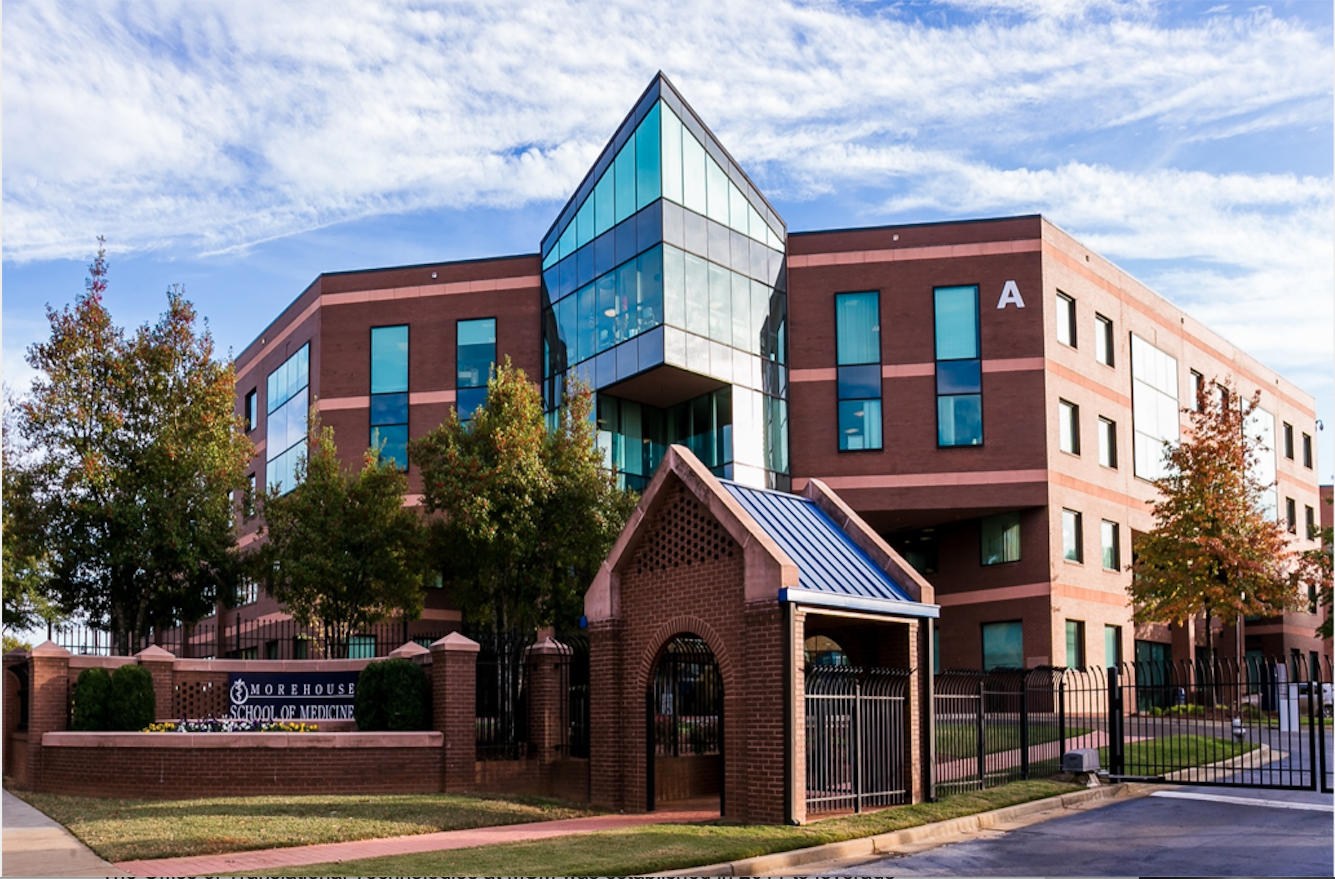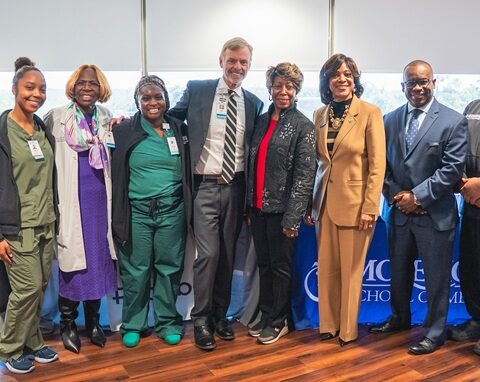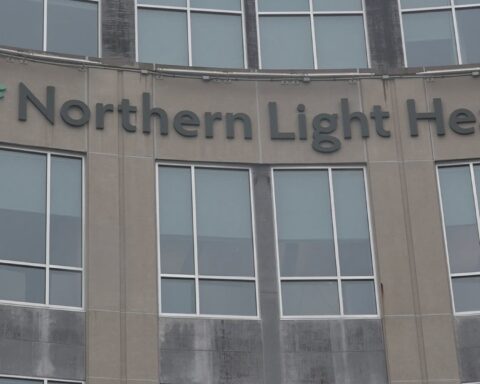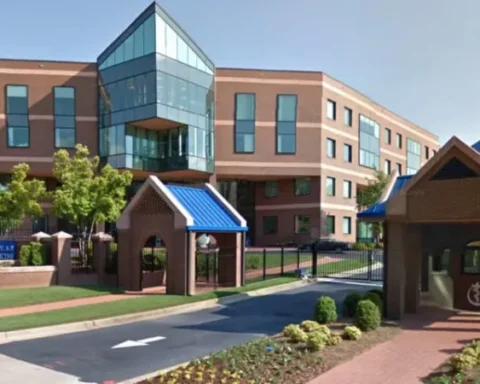Courtesy of Morehouse School of Medicine
Morehouse School of Medicine (MSM) has received a $4.2 million dollar grant to understand the impact increasing technological access and literacy will have on digital health equity. This project encompasses the work of Morehouse School of Medicine’s Office of Academic Programs & Affiliations, Undergraduate Medical Education, Office of Digital Technology, Office for Educational Outreach & Health Careers Pipeline Initiatives, and the student-run Health Equity for All Lives (H.E.A.L.) Clinic. The overall goal of this project is to lead and advance digital health equity.
The “From Survivor to Innovator: Digital Health Equity and Community Impact Grant” program will expand student access to basic technology and broadband, improve telehealth access in the neighboring anchor communities, expand science and health careers exploration with our educational partners, and improve MSM faculty’s ability to integrate technology into the teaching and learning process.
The project was co-authored by the following MSM faculty:
- Erica Sutton (Principal Investigator), Associate Dean, Academic Programs and Affiliations & Associate Dean, Undergraduate Medical Education
- Jinjie Zheng – Assistant Dean, Digital Technology
- Ryan Clark – Director, Office for Educational Outreach & Health Careers Pipeline Initiatives
- Jarrod Lockhart – Associate Director, Office for Educational Outreach & Health Careers Pipeline Initiatives
- Rahmelle Thompson – Assistant Dean & Executive Director, Undergraduate Health Sciences Academy
- Christopher Ervin – Director, Community-Based Initiatives
“The technological divide has grown for low-income communities, but so has our national appetite for change and equity,” said Associate Dean and Principal Investigator Erica Sutton, MD. “Efforts such as these will ensure that the health advantages afforded by access to technology are available to all communities.”
“Atlanta is a thriving city with access to the world. However, in the West End, where Morehouse School of Medicine resides, the anchor communities are disconnected — from information, education, and healthcare,” said Dr. Ryan Clark, Director, Office for Educational Outreach & Health Careers Pipeline Initiatives. “People who live in cities are often assumed to have more access to service, yet access to healthcare and educational opportunity is not guaranteed, particularly for those who live in low-income areas. This project will address those disparities and begin to close the technology gaps.”
The funding, awarded by the National Telecommunications and Information Administration (NTIA) of the U.S. Department of Commerce, will achieve expanded student access to technology, programming to encourage more students to seek health careers and improved health outcomes for those in our most at-risk communities. The project team acknowledges that health equity through technology will not happen by accident. If we are serious about identifying and eliminating those persistent inequities in health care that contribute to poor health outcomes for marginalized groups such as those in our anchor communities, Morehouse School of Medicine must create this future.





